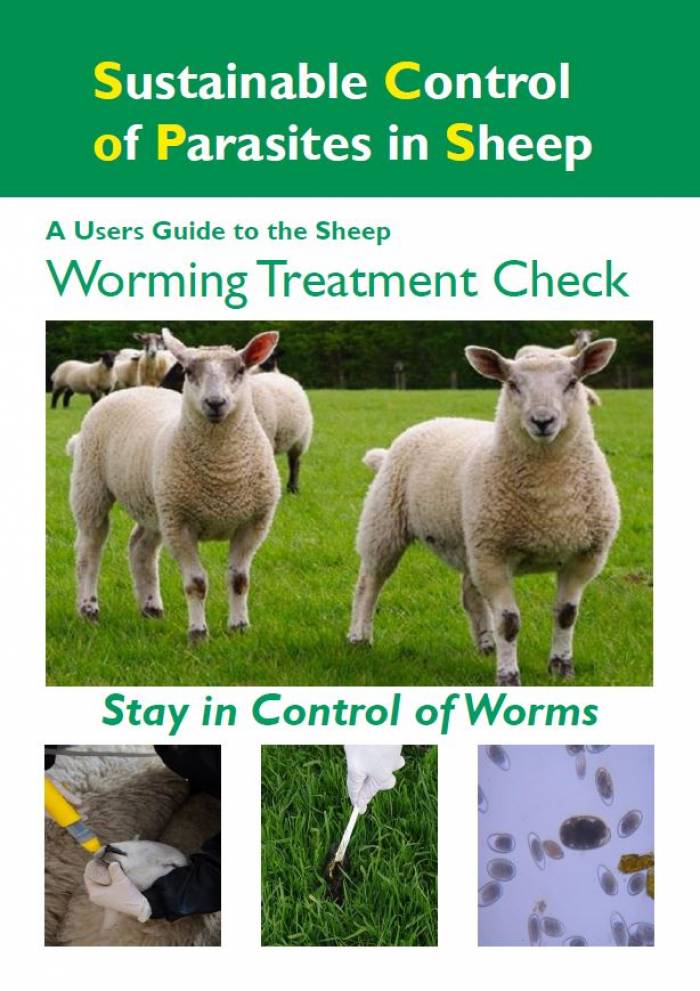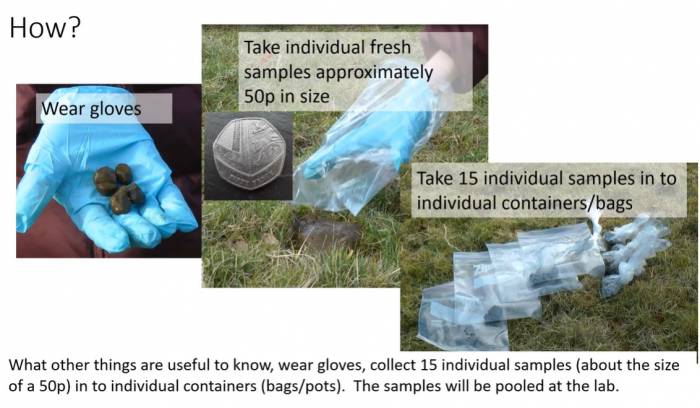The Defra Animal Health & Welfare Pathway is a long-term project partnership, co-designed by government and industry across sheep, cattle (beef and dairy), pig and poultry (layer and broiler) sectors to support continual improvement in health and welfare in England. Pathway aims to be a key pillar to the government’s manifesto commitment to protect and enhance farm animal health and welfare, and to maintain and build on existing world-leading standards.
The Annual Health & Welfare Review (Pathway) is a funded annual visit from your chosen vet and can be undertaken whenever it works for you. For sheep the review is to include a Worming Treatment Check via a faecal egg count (FEC), and this must be done within a six-month window from application. However, the vet visit will also allow you and your vet to concentrate on your animals’ specific health and welfare priorities, not just those relating to anthelmintic use. Application is via the Defra website. Click here to apply or for more information on eligibility. Once you have applied, this page is an information resource for the Pathway-funded Worming Treatment Check.
Pathway is an England-only initiative. A similar programme offering funding for animal health interventions on Scottish livestock farms is available as part of the Scottish Government's 'Preparing for Sustainable Farming' project.
SCOPS encourages all sheep farmers, regardless of their location or if they can/want to apply for Pathway funding, to carry out worming treatment checks to determine if an anthelmintic treatment (worming) has worked effectively. The information provided here is therefore of relevance to all sheep farmers and advisers.
The faecal egg count (FEC) is used to look for eggs produced by roundworms present in the sheep before, and then after an anthelmintic treatment. This check tells you how effective the treatment was at reducing the roundworm population in this group of sheep.

